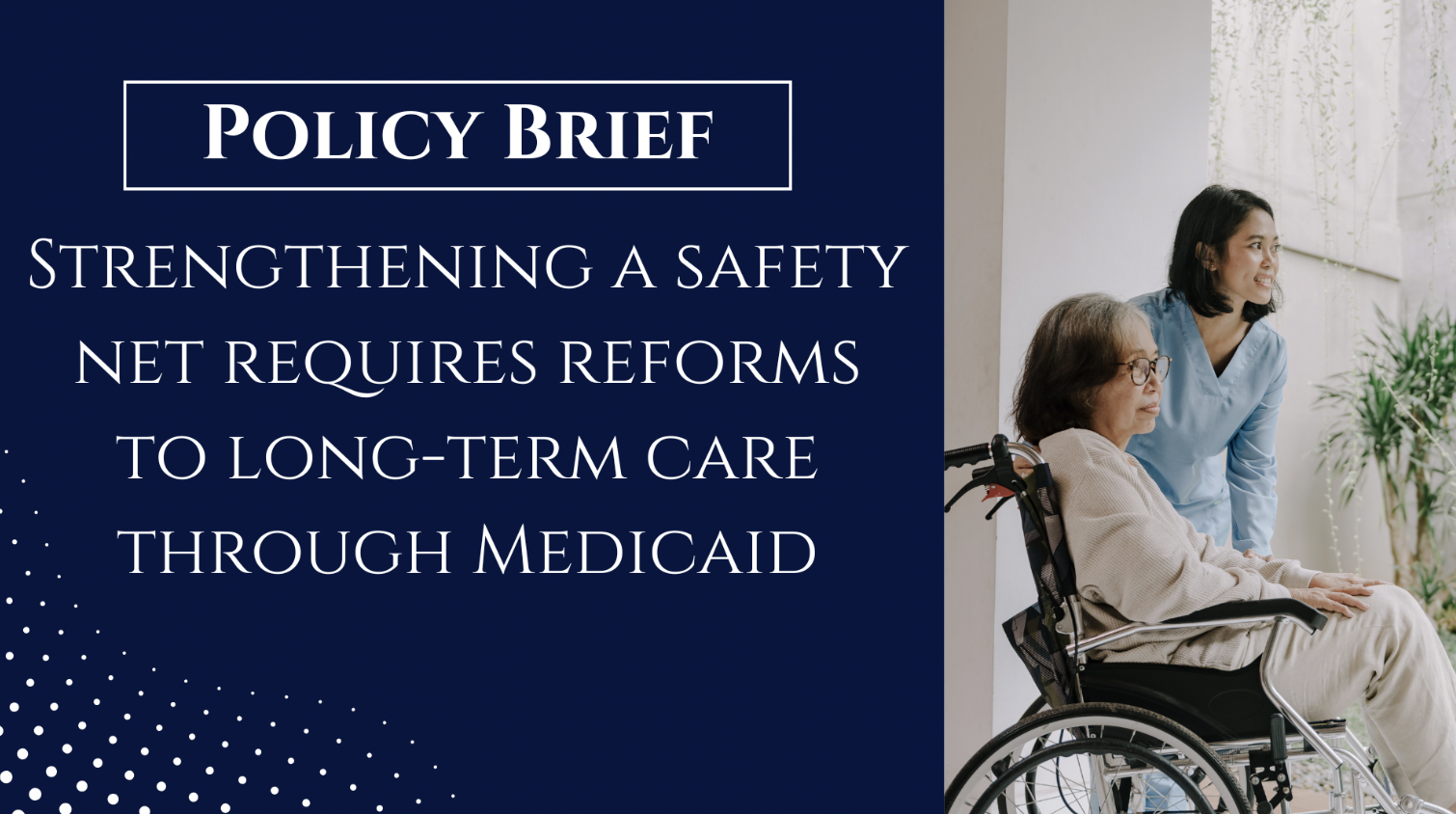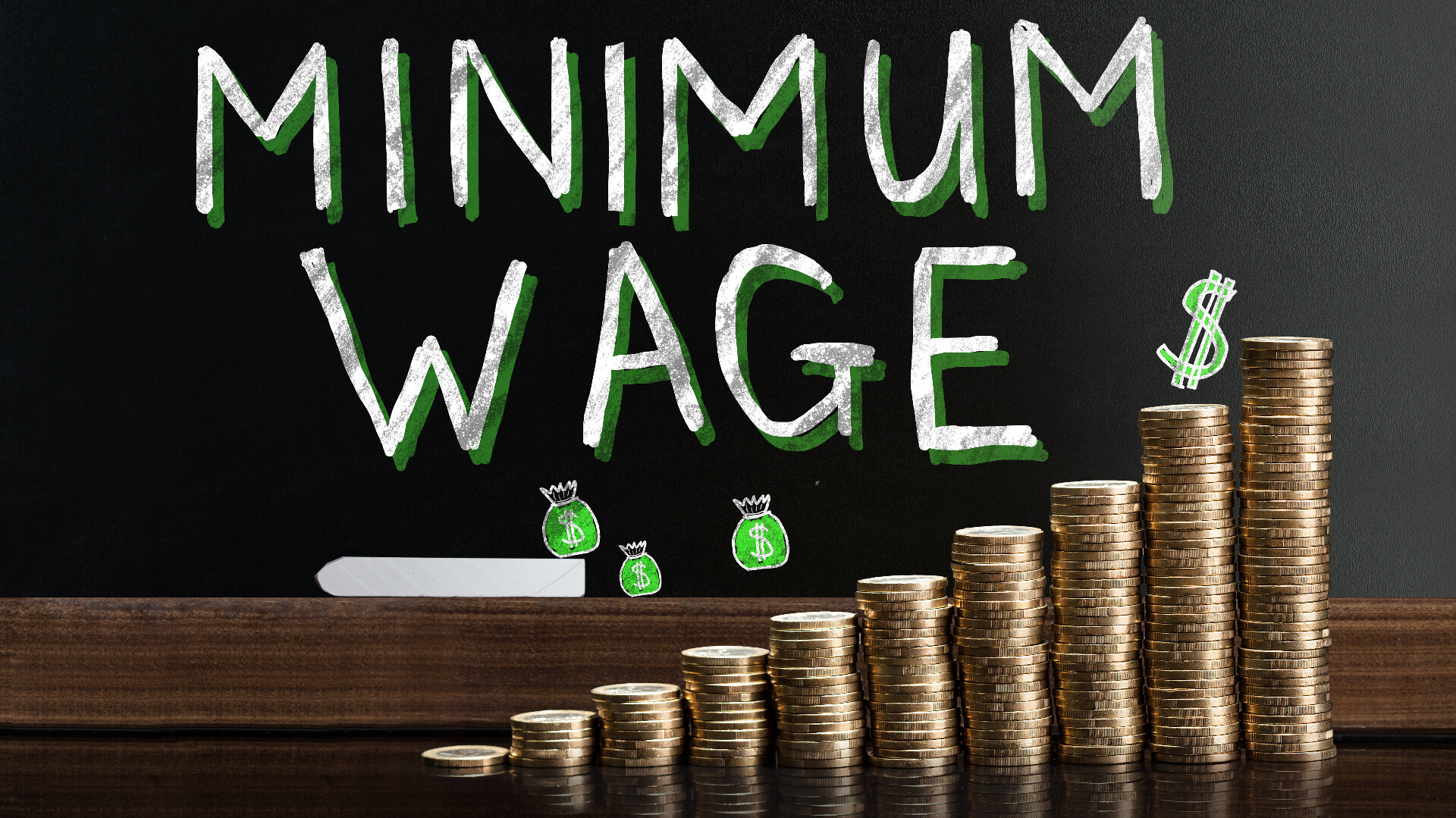As cities begin facing the unwelcome, but completely predictable, consequences of an artificially high minimum wage, officials in other cities are taking note and choosing to reject following in their footsteps.
Employment Policies Institute research director Michael Saltsman explains how some cities and states are “crushing the $15 minimum wage movement”:
“Last week, Baltimore's Democratic Mayor vetoed $15 wage legislation passed by the city council. Shortly before that the City Council in Flagstaff, Arizona voted to reduce from $12 to $10.50 a planned increase this summer. In Iowa, Republican legislators passed a bill to set one minimum wage at the state level, preempting a county-by-county approach that labor groups were pursuing. (Missouri legislators are trying to do the same.) And a Florida circuit court judge on Tuesday struck down Miami Beach's new minimum wage law that aimed to circumvent state rules.”
Before that, nearly 60% of voters in Portland, Maine said no thanks to a 2015 ballot initiative that would have mandated a $15 minimum wage in that city. And last year the Cleveland City Council rejected a $15 wage proposal for the city and then lobbied the state legislature for a law to preempt cities from going beyond the state’s standard.
Saltsman points out that while labor groups are quick to dismiss their defeats as the result of partisan and “corporate-driven” anti-worker campaigns, the reality is concern over the impacts of a high minimum wage is crossing both sides of the political aisle. Portland, Maine is known to be a liberal stronghold, both Cleveland’s and Flagstaff’s City Councils are held by a Democrat majority, and Baltimore Mayor Pugh is a Democrat who was endorsed during her campaign by a who's-who of Democratic notables.
Interestingly, Mayor Pugh actually campaigned on support of a $15 minimum wage, but now says the city’s unanticipated financial condition and feedback from Baltimore businesses changed her mind. City estimates revealed the higher wage would cost Baltimore $116 million over the next seven years, including the expense of paying city workers a higher minimum wage. Meanwhile, Baltimore is facing a $20 million deficit, a $130 million schools budget shortfall and new spending obligations associated with a U.S. Department of Justice ruling.
Mayor Pugh also expressed concerns about how Baltimore’s proposed wage hike would affect the city's small businesses, including her own. Pugh said the high wage could force her to close her consignment shop an extra day per week and would drive other employers out of the city:
"People can't afford to pay these kind of wages."
Not surprisingly, the labor unions’ behind the push for a $15 minimum wage, and which spent “boatloads of money” getting Pugh elected, are not happy with the mayor’s reversal. As one union official said:
“Between the laborer’s union and SEIU, we spent nearly a million dollars on her [Pugh]…she would not have won without us.”
The unspoken inference from that statement is the unions had every expectation that their million-dollar investment bought them a mayor who would do their bidding.
Instead Mayor Pugh showed rare pluck for a politician.
As evidence of the real world impacts of a high minimum wage in other cities continue to trickle in, Pugh weighed her city’s financial and economic condition and determined a $15 minimum wage was not in the best interests of Baltimore right now. As Herman Cain put it, “Mayor Pugh knows things that candidate Pugh didn’t.”
It’s easy to make lofty campaign promises, but facing the reality of those promises is much more difficult. Rather than ignore reality and stick to a campaign promise because her union supporters expected it, she instead ignored those expectations and stuck to her principles. That shows true leadership.
Kudos to Mayor Pugh for putting her city and constituents ahead of political payback.





